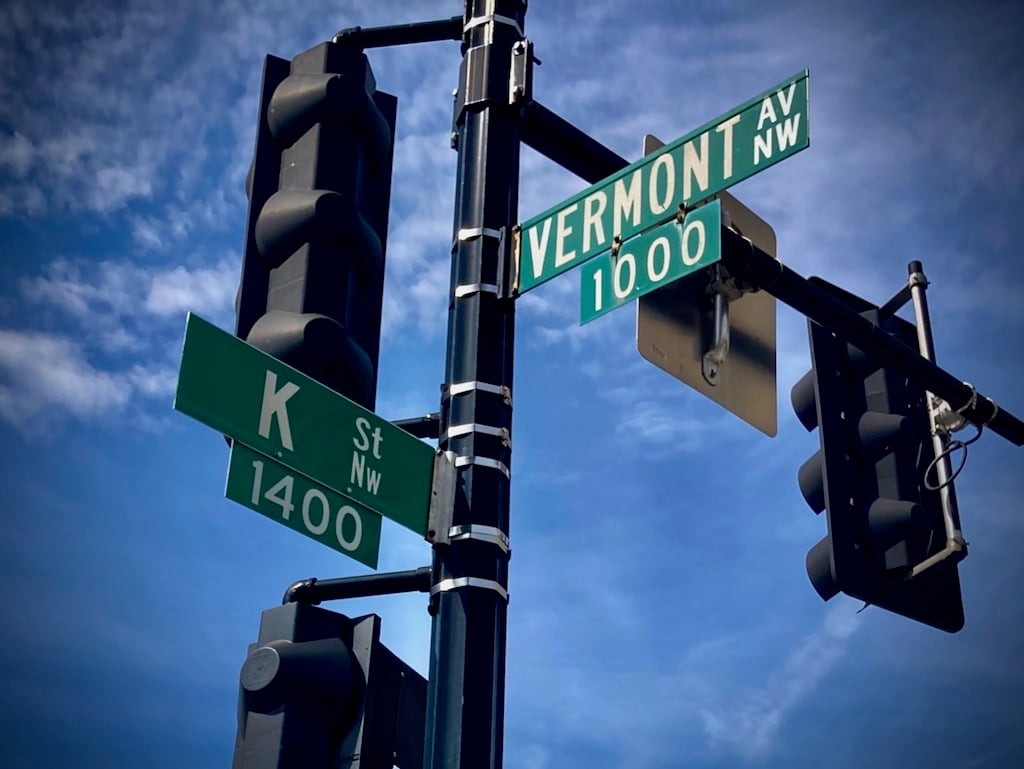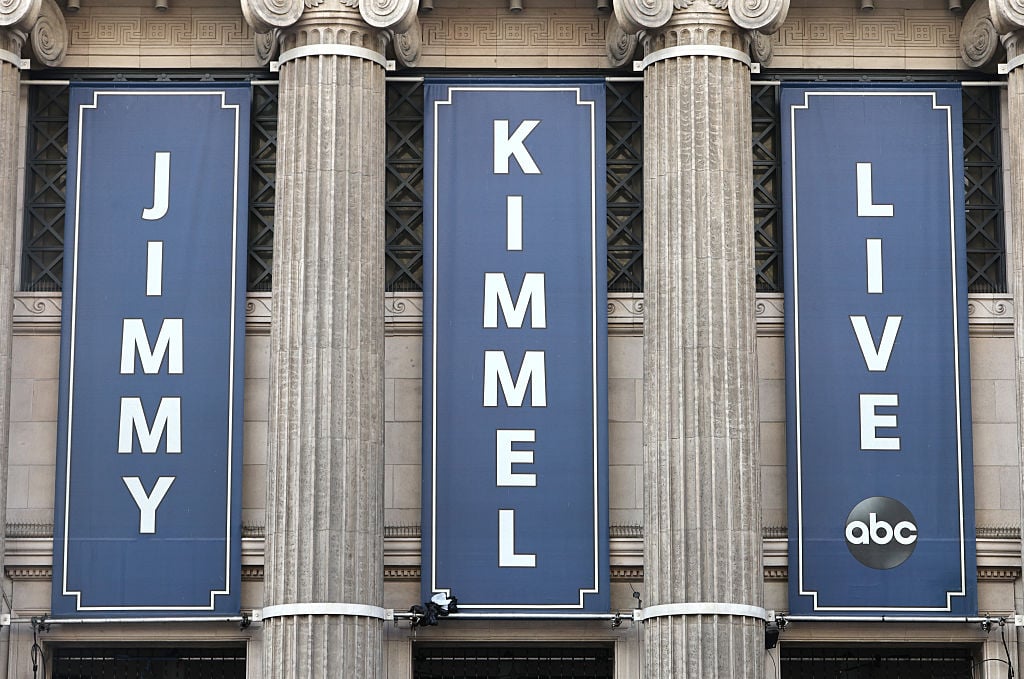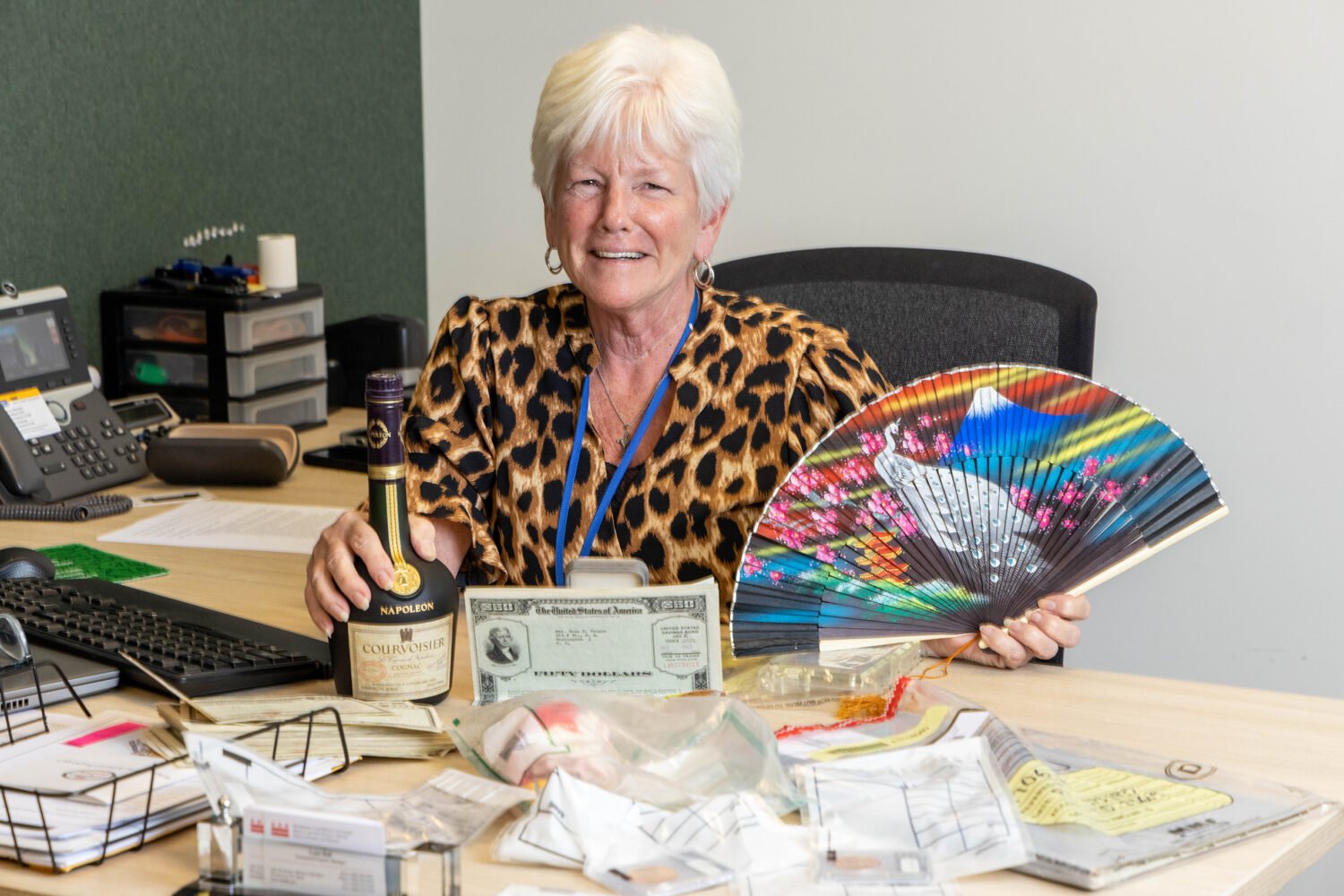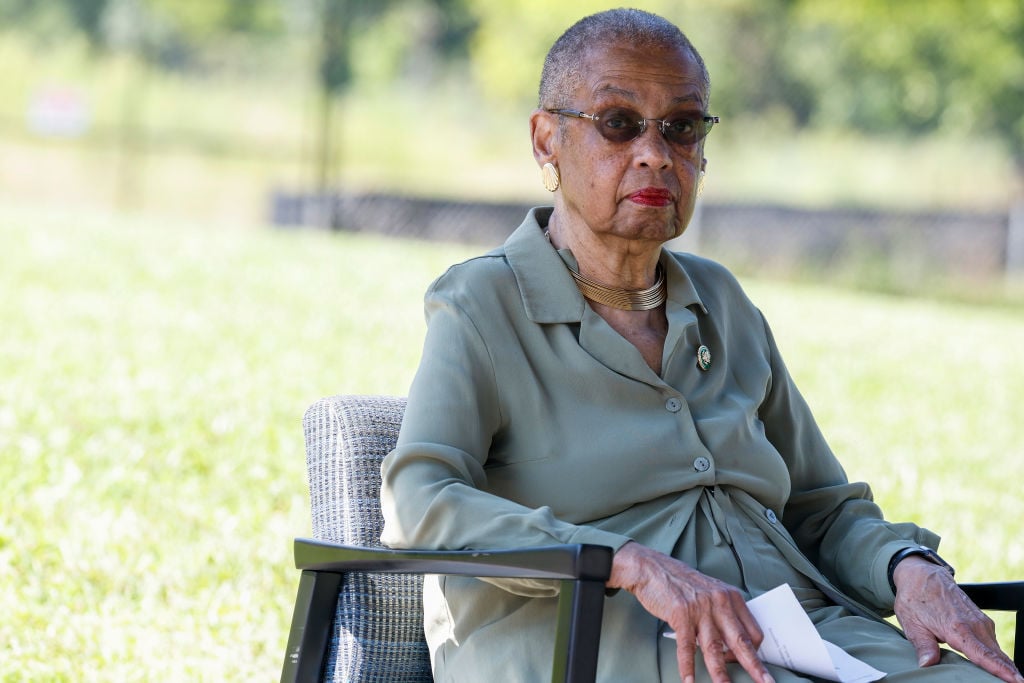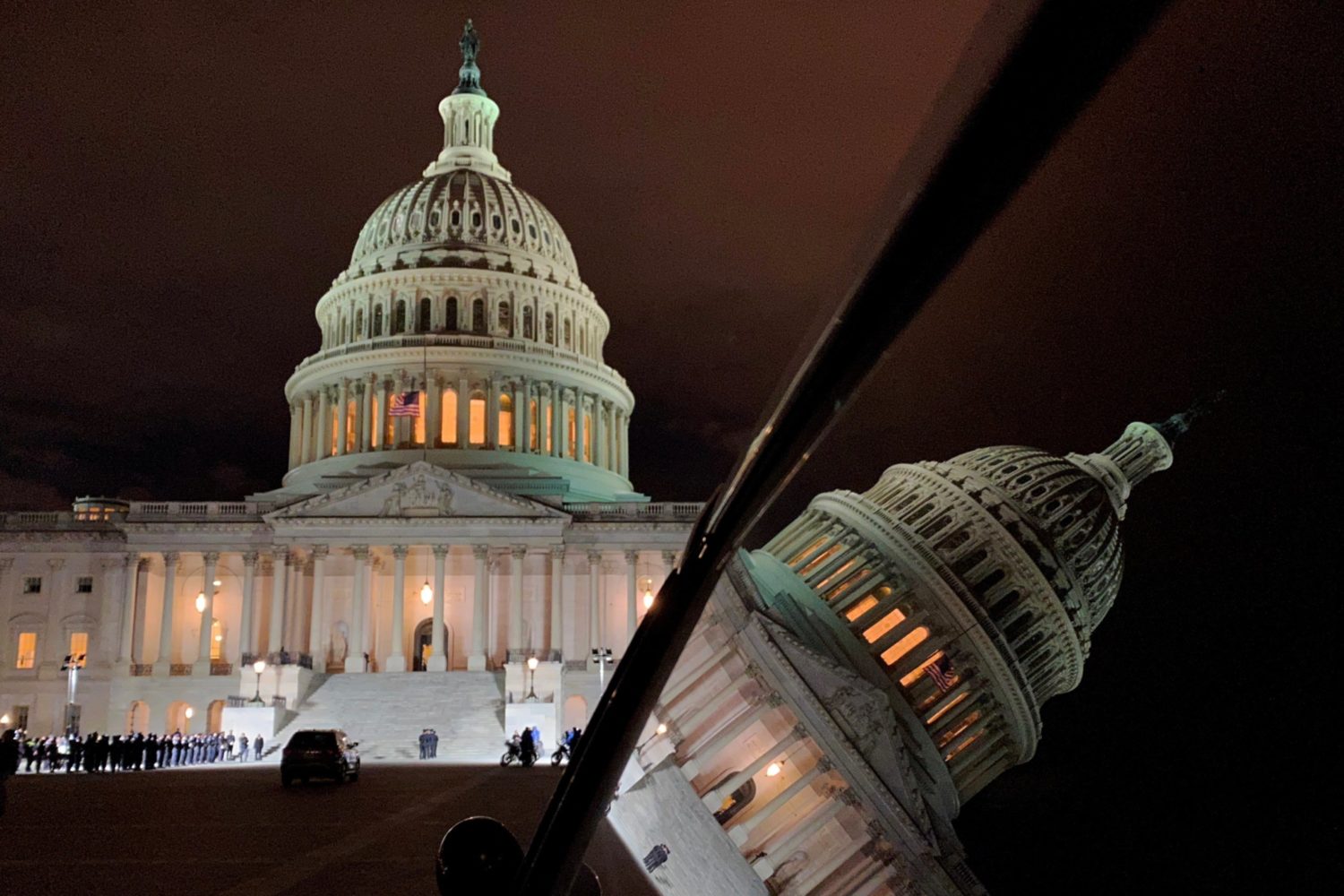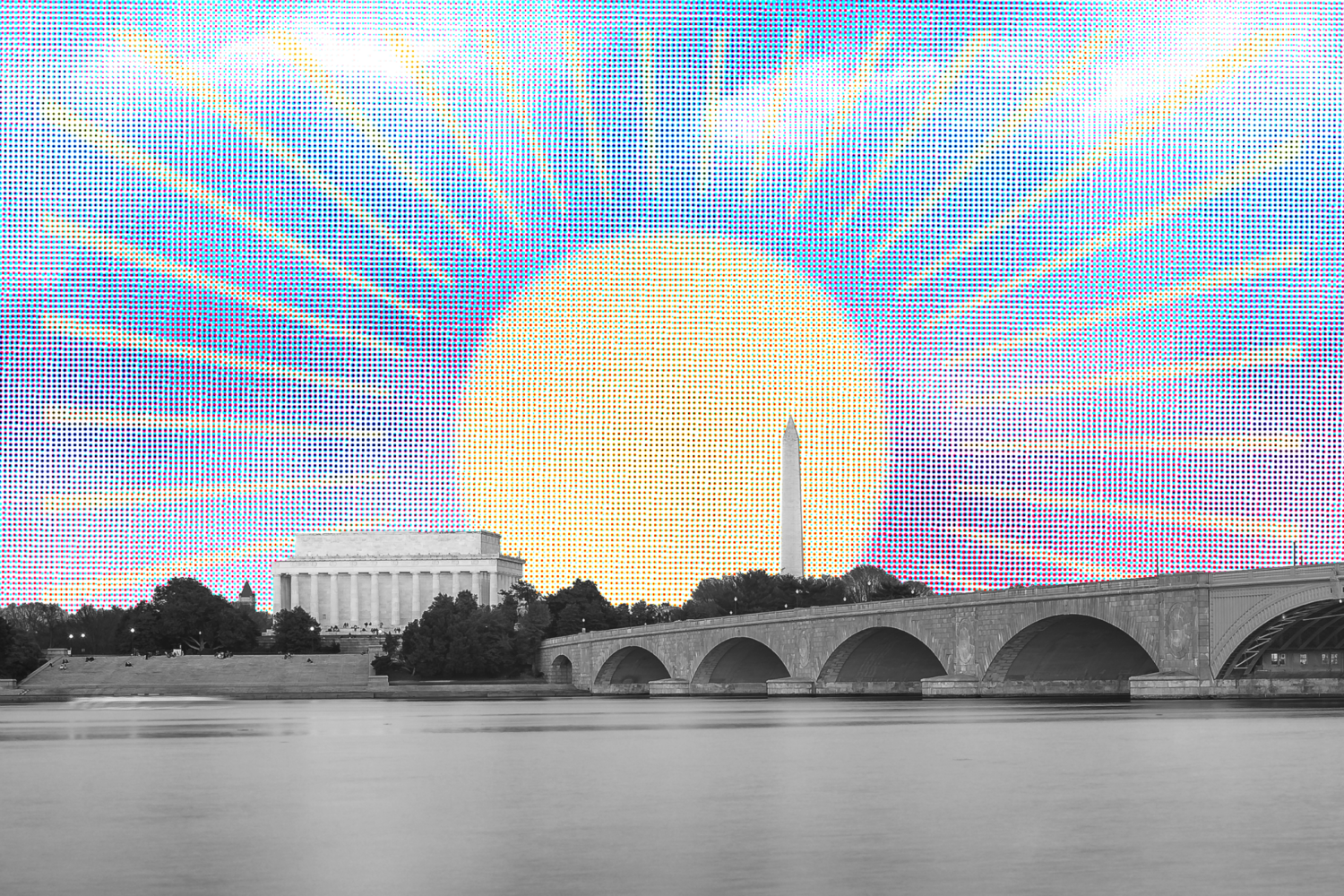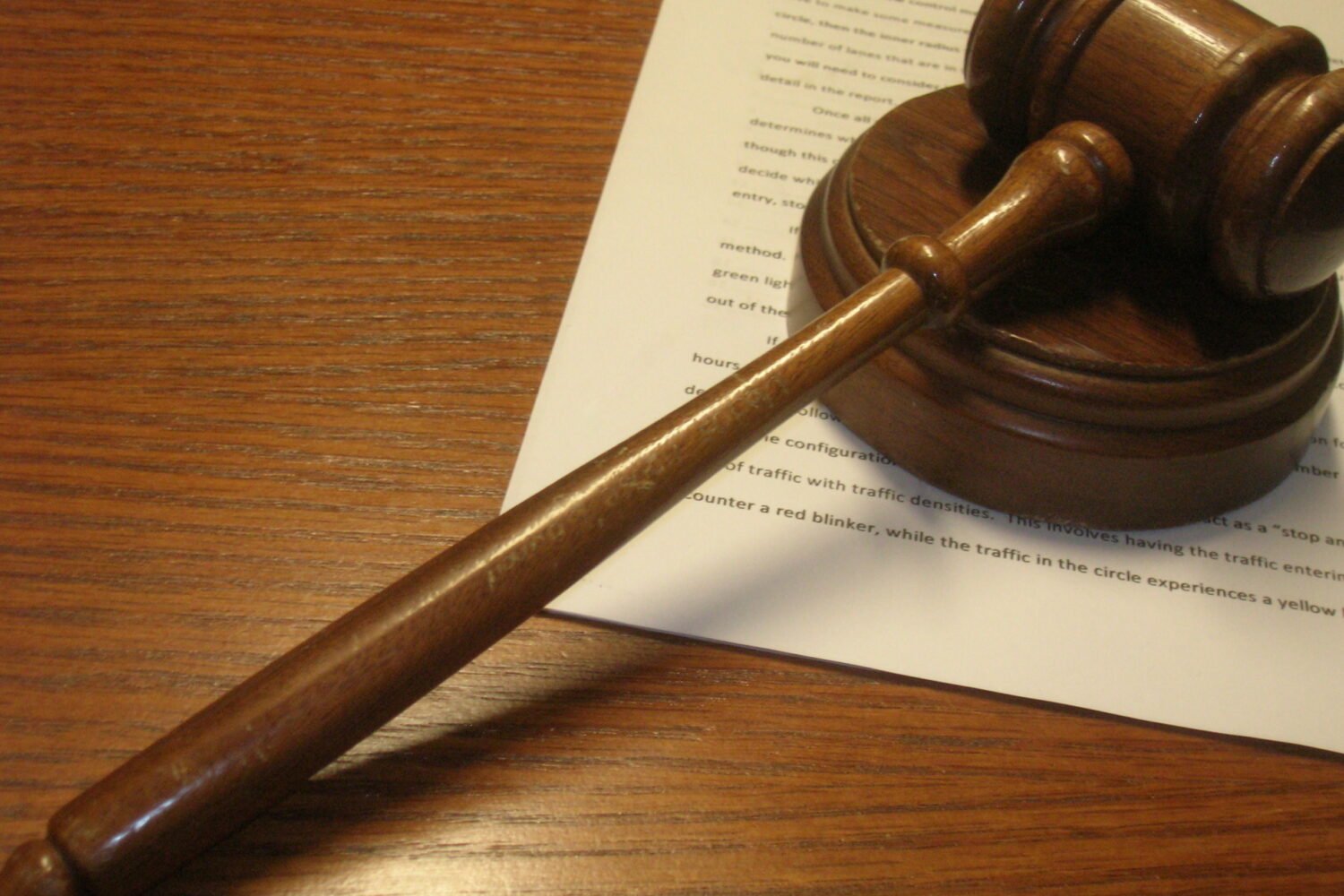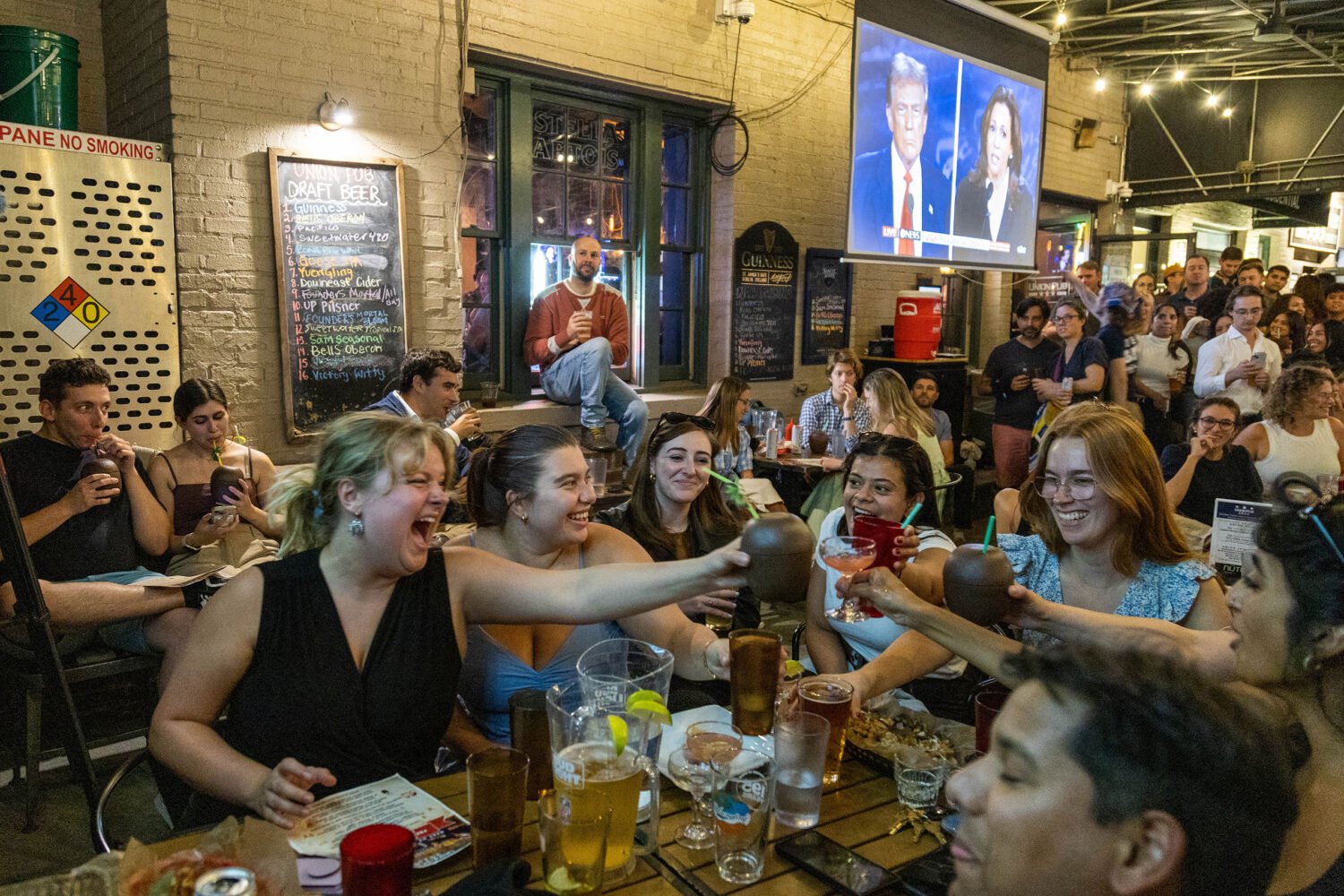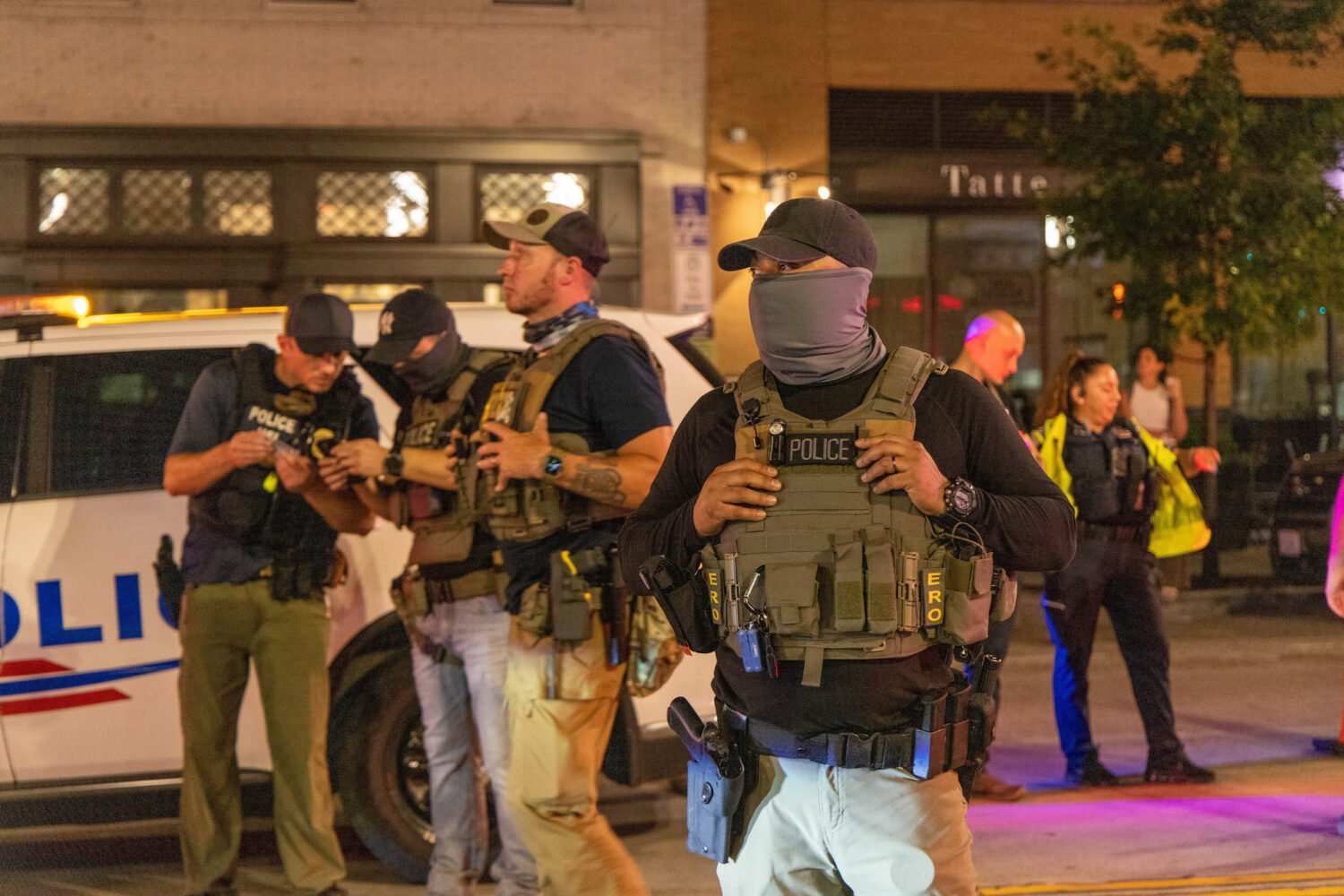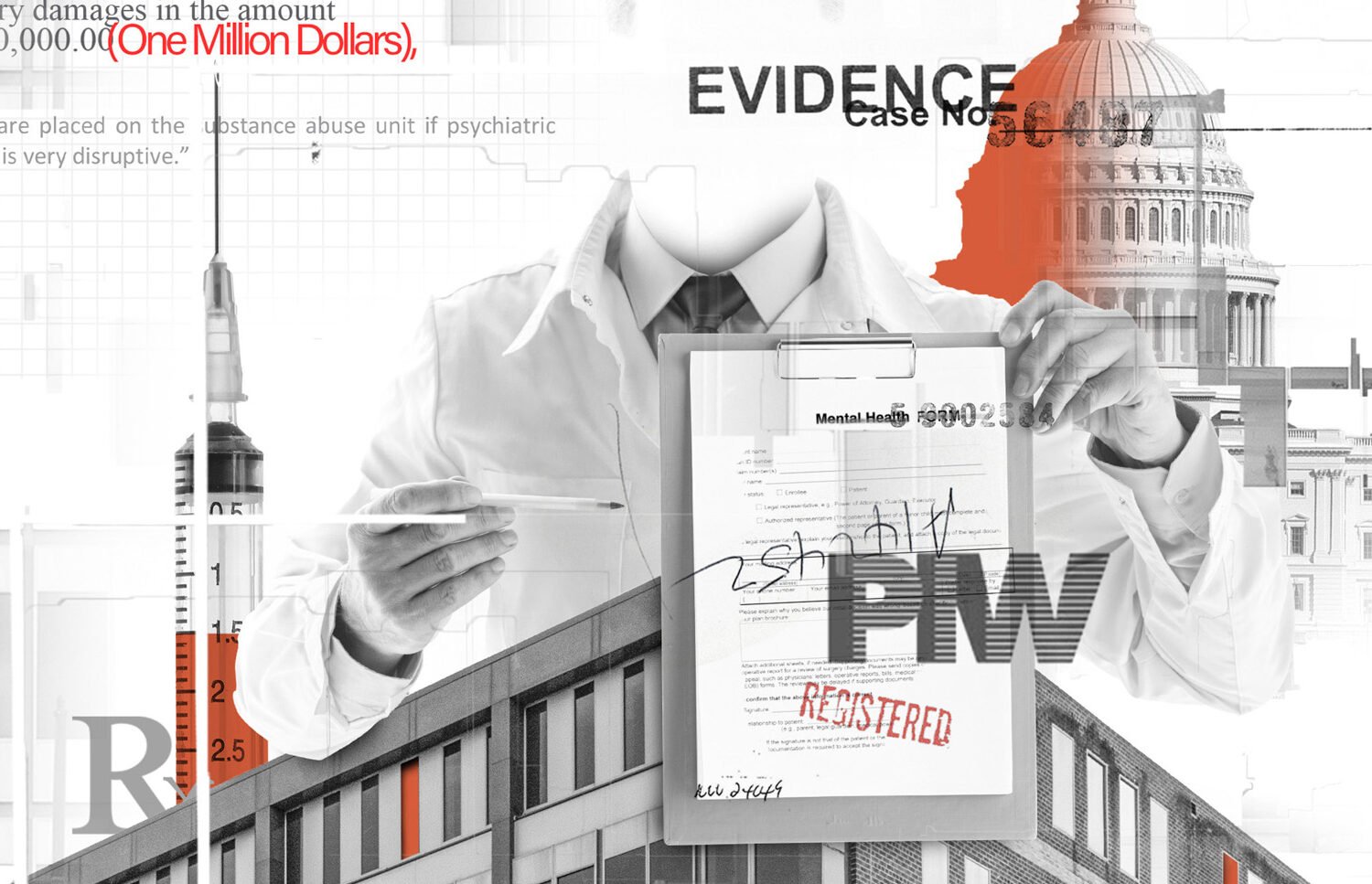What do three small, picturesque cities in Vermont—Burlington, Montpelier, and Winooski—have in common with the nation’s capital? For one thing, they all allow non-citizens to vote.
Along with a few Maryland suburbs, and the cities of San Francisco and Oakland, these progressive enclaves are the only jurisdictions in the nation where non-citizens can take part in local elections and hold municipal office.
DC’s Local Resident Voting Rights Amendment Act has been under consistent attack from Congress and drawn a a lawsuit since the DC Council passed it in 2022; most recently, a measure to repeal the law sponsored by US Representative August Pfluger of Texas passed a House vote. The same thing happened last year, though the bill was never taken up in the Senate.
If DC wants to keep this law on the books—and keep its three non-citizen elected officials in office—it might have to depend on this affinity with the Green Mountain State.
To overcome the filibuster, the effort to end non-citizen voting could pass with defections by just seven Senate Democrats. DC’s shadow senator, Ankit Jain, has been meeting with various Senate offices to lobby them to stick with DC on what may be a politically risky issue.
Thus far, US Senator Peter Welch of Vermont has been the most in DC’s corner, Jain says. In May 2024, Welch stood up to block a motion for unanimous consent for an earlier version of the bill to be considered by the Senate. He said the non-citizen voting law was “settled local policy.”
“What is really at stake here is the question of whether a law passed by the city council of the District of Columbia should be allowed to go into effect or be overwritten by action here,” Welch said at the time. “This initiative has been something that has been taken up by other local governments in other States, where the prerogative is to make their own laws with respect to voting.”
He reiterated his support for DC’s law—and his state’s own local non-citizen voting laws—in a statement to Washingtonian this week.
“Washington DC should have every right to set its own rules and policies, just as Vermont does,” Welch wrote. “The micromanagement by congressional Republicans and Trump must end.”
But Jain is concerned about how the bill might be played politically by Republicans. A Fox News story from June, eagerly boosted by Pfluger’s office, lambasted the 148 House Democrats who voted to keep non-citizen voting alive in DC, raising the specter of “foreign agents” registering to vote in the capital.
This past July, after the bill passed the House, US Senator Katie Britt of Alabama introduced it to the Senate. What happens next is uncertain: the bill could languish, but it could also be quickly attached as a rider to the federal budget.
Jain suspects Republicans may delay consideration until the lead-up to the midterms, since non-citizen voting is, at least on the surface, a tough issue for Democrats.
DC is an easy target— all it takes is a piece of legislation to reverse the DC Council’s decisions. But Congress could ultimately intervene in Vermont, Maryland, or California too, by threatening to cut highway funding to areas that allow non-citizen voting, for instance.
“I don’t believe for a second that they’re going to stop with Washington, DC,” Jain says. “With all this stuff, they’re starting with DC because it’s easier. They’re using us as a guinea pig.”
The congressional challenge to noncitizen voting isn’t the only front in the war. In June, the DC Circuit Court of Appeals ruled that a lawsuit challenging the Local Resident Voting Rights Amendment Act could proceed. It had been brought by an anti-immigration legal group and a group of DC voters that included onetime Republican mayoral candidate Stacia Hall.
The plaintiffs—along with Republican lawmakers like Pfluger and Comer—have implied that DC’s non-citizen voting law and others like it are causing masses of undocumented people to stream to the polls, diluting the power of American citizens in a “Great Replacement”-style scenario.
In reality, the turnout of non-citizens in local elections where they’ve been permitted to vote isn’t exactly the stuff of GOP anti-immigration nightmares. In Winooski, Vermont last year, 1,345 voted in the annual city and school election. Eleven of them were from the non-citizen voting program. In DC last year, a total of 378,821 people were registered to vote in the Democratic primary— just 115 non-citizens voted.
But those small numbers don’t mean the issue isn’t important, says Mónica López, an advisory neighborhood commissioner and Mexican citizen who will lose her elected office if DC’s law is repealed.
“I’ve lived in this country for over a decade, I pay taxes here,” López says. “I may not be a citizen, but that is not up to me. What is up to me is to be involved in my community.”
Like so many local issues in DC, her work has become a focal point in national politics. But López ran for her Northeast ANC seat with hyperlocal issues in mind—bike lanes and street safety in Brookland—and she wishes non-citizen voting would remain an issue for DC to decide.
“It’s incredibly local,” López says. “It has no bearing over anything federal.”

